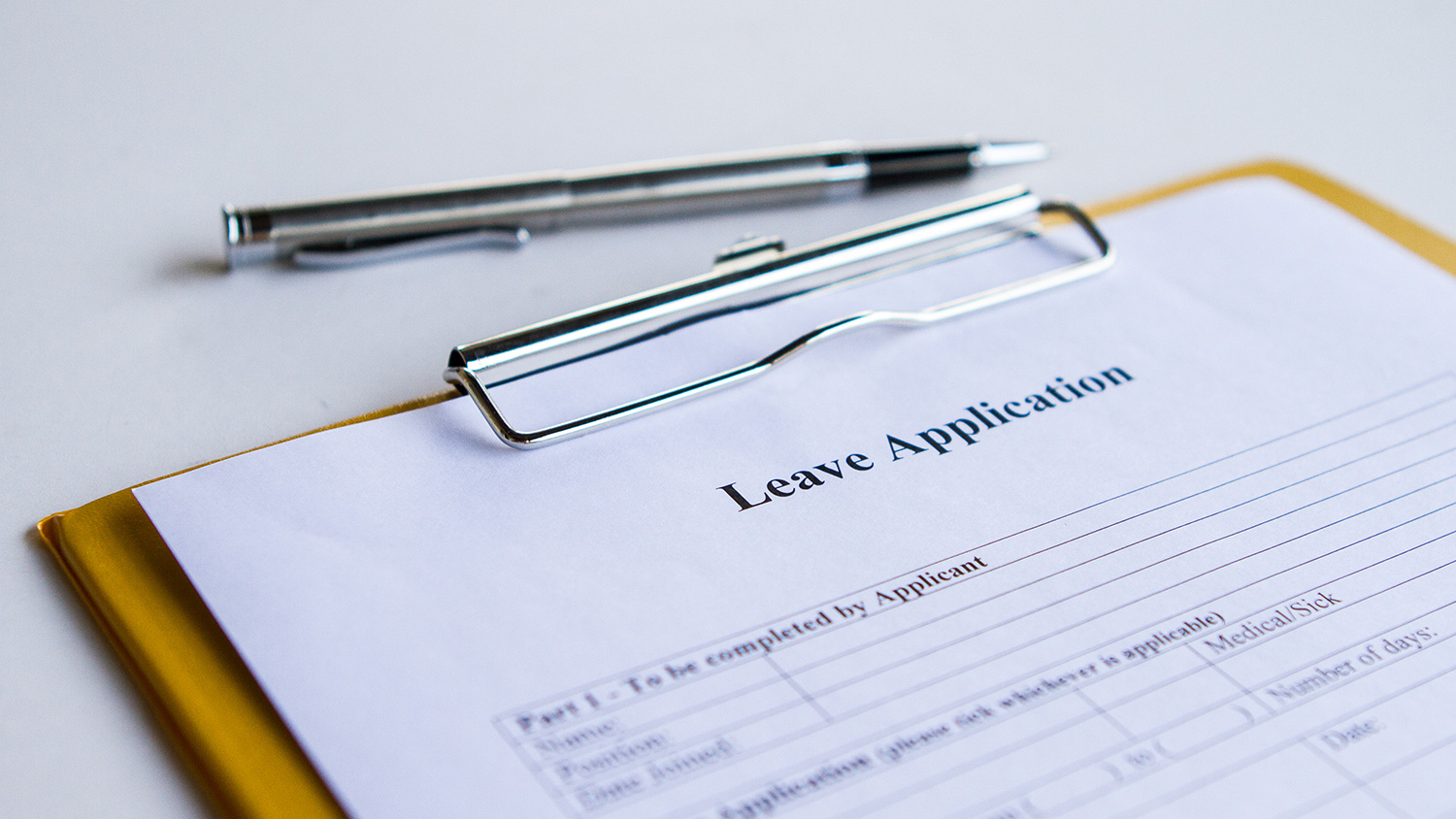
Rates of depression have doubled – what role do employers play?
Figures published by the Office for National Statistics (ONS) have found that rates of depression have doubled during the coronavirus pandemic.
The research revealed that:
- Almost one in five adults (19.2%) were likely to be experiencing some form of depression during the COVID-19 pandemic in June 2020; this had almost doubled from around one in ten (9.7%) before the pandemic (July 2019 to March 2020).
- One in eight adults (12.9%) developed moderate to severe depressive symptoms during the pandemic, while a further 6.2% of the population continued to experience this level of depressive symptoms; around one in 25 adults (3.5%) saw an improvement over this period.
- Adults who were aged 16 to 39 years old, female, unable to afford an unexpected expense, or disabled were the most likely to experience some form of depression during the pandemic.
- Feeling stressed or anxious was the most common way adults experiencing some form of depression felt their wellbeing was being affected, with 84.9% stating this.
- Over two in five (42.2%) adults experiencing some form of depression during the pandemic said their relationships were being affected, compared with one in five (20.7%) adults with no or mild depressive symptoms.
As we begin to return to the workplace, employers may be faced with employees suffering a higher degree of mental ill health than before the pandemic. So, what actions should they be taking to ensure employees feel supported and motivated?
Ben Daniel, Partner and Head of Employment, Pensions and Immigration at UK law firm Weightmans, says:
“The coronavirus pandemic has imposed many restrictions on everyday life and has been a hugely stressful time for everyone, but there are inevitably workers who will be more susceptible to suffering harm to their mental health and wellbeing. This may include workers who feel isolated from their team or those working longer hours in difficult conditions to meet demands in these most unusual circumstances. In addition, there will be workers who feel vulnerable about the gloomy economic impact and whether they face a threat to their job security, as well as those who have lost family members and friends to the virus.
“Government packages have offered much needed assistance in recent months, but these will not last forever – indeed, many have already stopped or are reducing in line with lockdown measures lifting. Employers should ensure workplace mental health and wellbeing remains firmly on their agenda, especially because the workplace currently looks very different for some. Think about how you can continue to support and communicate with your people, reminding employees of any training or employee benefits you already currently offer and keeping a regular, efficient flow of communication at all times. Encourage email policies which require people to only send messages within certain timeframes. Evidence also suggests that exercise and nutrition can help treat mild to moderate depression, so encourage employees to take a break and eat lunch away from their computers. The smallest steps, taken with thought and care, can make a huge difference and help staff remain healthy and fully engaged with their work and colleagues.”
Sophie Corlett, Director of External Relations at mental health charity Mind added:
“It’s worrying to see an increase in the number of people experiencing depression. We cannot underestimate the impact that the pandemic has had on the nation’s mental health – whether that’s bereavement, the devastating loss of life, the impact of lockdown, or the recession we are now in. We know people already struggling with their mental health or with related issues like problems with employment, housing, benefits and debt have been hardest hit by coronavirus, but today’s figures also show how the pandemic has affected people who were previously well and are now experiencing depressive symptoms for the first time. As more and more people ask for support for their mental health, well-resourced timely treatment must be available for anyone who needs it.
“Now many emergency measures introduced by Government – such as furlough, emergency housing, and better Statutory Sick Pay – have stopped or are winding down, we’re concerned even more people will fall through the gaps. Mind announced five key tests for UK Government including continuing to invest in community services; protecting those most at risk and addressing inequalities faced by people from Black, Asian and other Minority Ethnic communities who have been disproportionately impacted by the pandemic; reforming the Mental Health Act; providing a financial safety net through the benefits system; and supporting children and young people. It’s crucial that mental health and wellbeing are put at the centre of the UK Government’s ongoing recovery plans, so that we can rebuild as a kinder and fairer society for everyone.”
Head of Workplace Wellbeing at Mind, Emma Mamo, has put together some tips for line managers to support their team's wellbeing as well as their own while working remotely or from home:
- Maintain a positive work/life balance and encourage your team to do the same. It's important you look after your own wellbeing so you can also be there to support your team.
- Check in with team members regularly. Working from home can be isolating.
- Establish new ways of working. Working remotely will require consideration as to how you will deliver work as a team.
- Ask your team to create a Wellness Action Plan(WAP) and encourage them to share this with you.
- Encourage your team to use the support tools available. Whatever wellbeing support your organisation has available, make sure your team knows about it and how to access it.
More details are available here.






